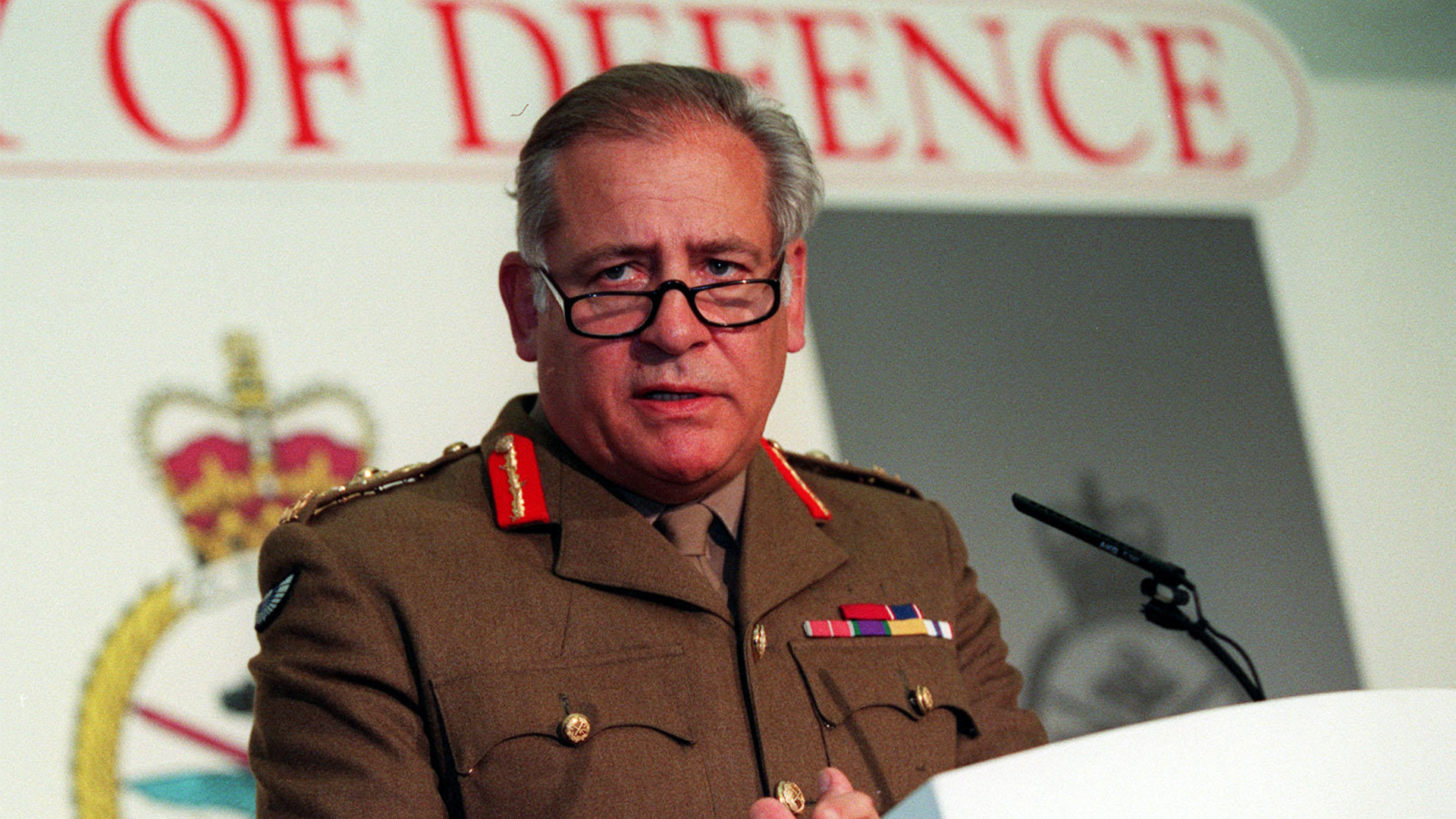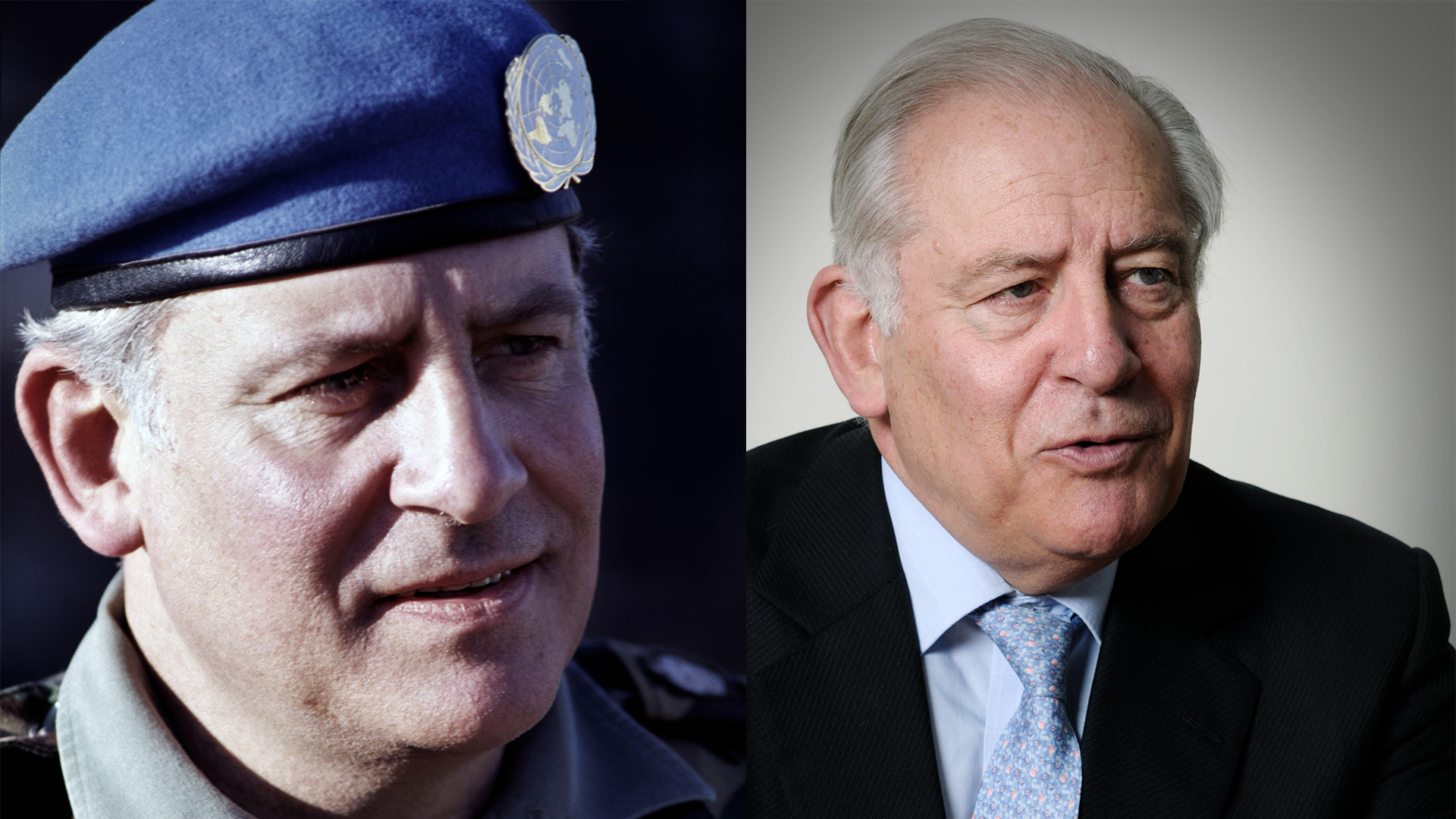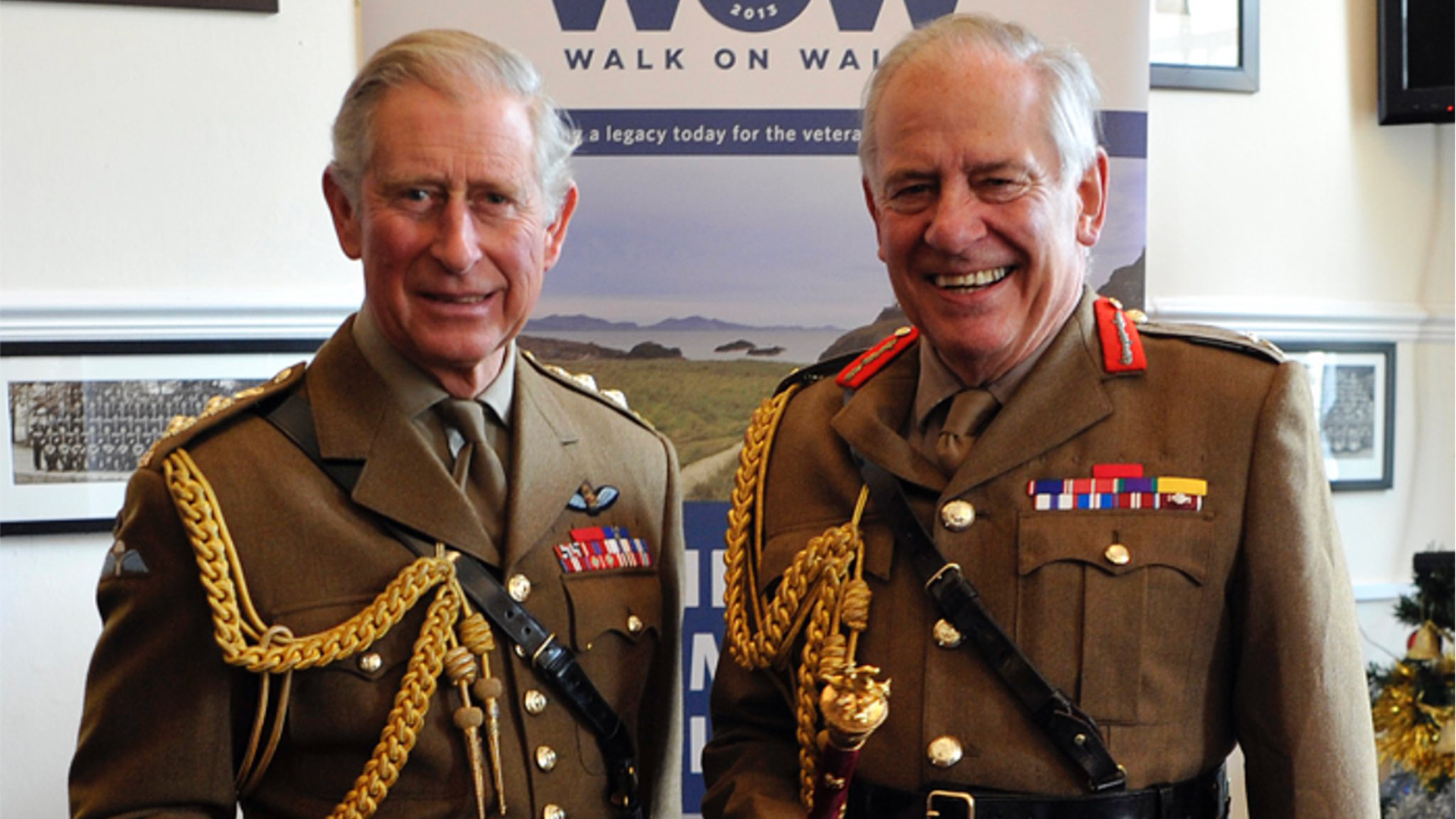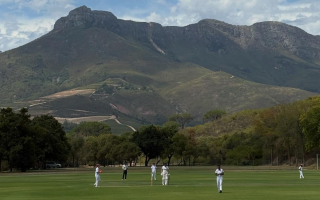
Tributes paid to Field Marshal Lord Guthrie, remembered for lifetime of service and leadership

Tributes have poured in following the death of Field Marshal Charles Ronald Llewelyn Guthrie, Baron Guthrie of Craigiebank, who died on 18 September of a cerebral aneurysm at the age of 86.
Lord Guthrie was hailed across political and military circles as one of the most respected British commanders of recent times, a Welsh Guards officer who became the only Chief of the Defence Staff to have served with the SAS, and whose candour made him both invaluable and occasionally inconvenient to governments of the day.
Defence Secretary John Healey said he was very sorry to hear the news of Lord Guthrie's death, saying in a post on X: "Lord Guthrie was hugely respected across the Armed Forces and Parliament for his deep insight, extensive experience and wise counsel to leaders across the political spectrum."
- History made as new Chief of the Defence Staff takes command of service heads
- Sitrep: Giving CDS new powers over all three services great in principle, but hard to execute
- Lord Guthrie in "good spirits" following Trooping the Colour fall
Born in Chelsea in 1938, Lord Guthrie was educated at Harrow, where he first thought of joining the Royal Navy, inspired by CS Forester's Hornblower novels.
A day on a frigate at Portsmouth, spent mainly learning about the ship's engines, soon dampened his enthusiasm, but a lunch with two Welsh Guards officers proved far more persuasive and, in 1959, he joined the Welsh Guards.
Having family connections to the Welsh Guards, Lord Guthrie remained close with the regiment throughout his life.
"His passing is a profound loss to the Welsh Guards, the British Army, and the nation he served with such distinction," the Welsh Guards said in a statement.
"His legacy of service, leadership and dedication will live on in the Regiment, the Armed Forces, and the history of this country."

Lord Guthrie served in Aden, commanded G Squadron of the SAS, and later the 1st Battalion Welsh Guards in Berlin and Northern Ireland.
In 1980, he was dispatched to the New Hebrides at the height of the Santo rebellion, the assignment placing him alongside French troops in a joint mission to restore order before independence as Vanuatu.
He spoke with wry amusement of being "probably the last senior officer to have had a spear thrown at him in anger", a characteristic understatement of a career that frequently put him at history's sharp edge.
He rose through brigade, divisional and corps commands, eventually leading the British Army of the Rhine.
As Chief of the General Staff from 1994, and later Chief of the Defence Staff between 1997 and 2001, Lord Guthrie confronted the strategic uncertainties of the post–Cold War world.
He advised Tony Blair's government through interventions in Bosnia, Kosovo and Sierra Leone.
Lord Guthrie was promoted to field marshal in 2012, the first Guards officer to hold the rank since the Second World War.
Appointed GCVO (Knight Grand Cross of the Royal Victorian Order) in 2019, he served as Colonel of The Life Guards and Gold Stick-in-Waiting, roles that placed him at the heart of royal ceremony
After leaving active service, he was raised to the peerage in 2001 as Baron Guthrie of Craigiebank.
In the Lords, he sat as a crossbencher, his voice carrying weight in debates about ethics and the use of force.
He co-authored a book on the just war tradition and often reminded audiences that the military was not insulated from politics, but bound to serve democracy responsibly.
A devout Catholic, Lord Guthrie supported a wide range of charities and served as Chancellor of Liverpool Hope University from 2013.
Following his conversion later in life, he remained active in Catholic orders and causes close to his faith.
In 1971, he married Catherine (Kate) Worrall and they had two sons. Lady Guthrie died in 2022, survived by their sons.










